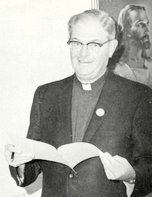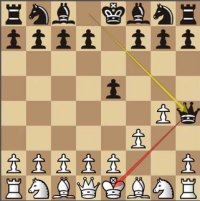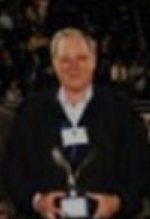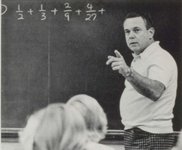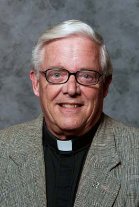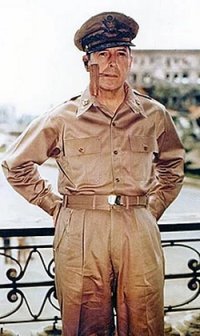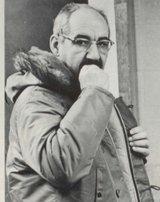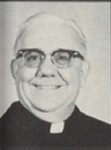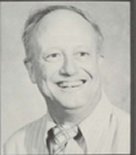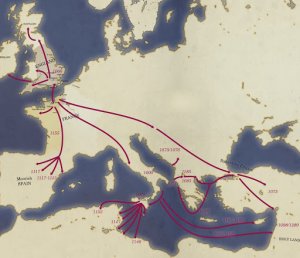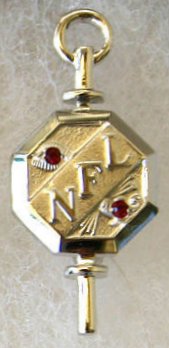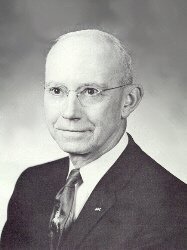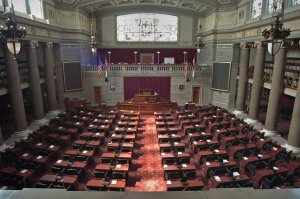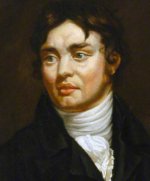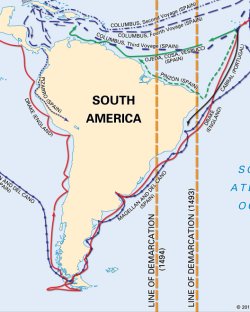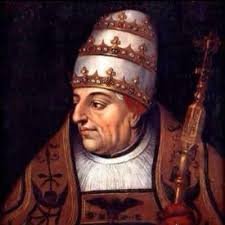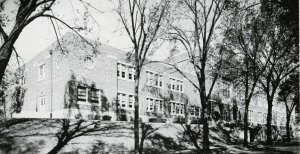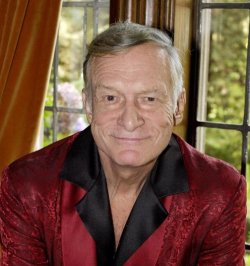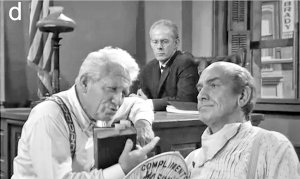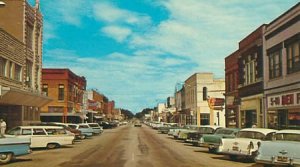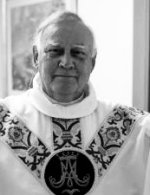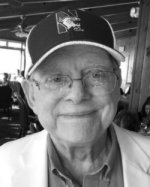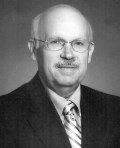Events related to Rockhurst High School. Continue reading
Discipline at Rockhurst when I was there was strict. The principal was Fr. Kloster, SJ, who ran a very tight ship in every way. Everything always seemed to run smoothly. The vice-principal was in my recollection was the vice-principal. The path to success for students to avoid contact with any of them: Fr. Bauman, Fr. McGuire, and Brother Winmueller.
With one exception I never heard of anyone skipping school for any reason. Vic Panus once decided to skip. He had his girlfriend call the school and pose as his mother asking to excuse him for illness. The lady in the office agreed that he should not attend if he was ill and then hung up. She then called Vic’s house to verify the situation. Whoops.
The next day Vic was summoned to Fr. McGuire’s office. We did not see him all day. I know no more than this, except for the fact that neither Vic nor anyone else in our class ever tried to skip class. As I said, nearly everyone really wanted to be there, and they avoided anything that would put their enrollment at risk.
At Rockhurst a large area called the lounge was directly beneath the cafeteria and adjoined the gym. It contained dozens of padded benches. On the side opposite the gym was an open-air area in which guys were allowed to smoke. This astounded me at the time, and I would wager that it was eliminated at some point.
Before classes guys congregated in the lounge with their friends and quizzed each other about the day’s lessons. At least that is what the guys that I hung around with often did.
Rockhurst had no recess periods, but the lunch break lasted for one hour and twenty minutes. During these breaks students could study, just mess around, participate in a club activity, or play intramurals. I seldom studied during the lunch break, but I did all of the others.
In freshman year I often played chess in the classroom of Mr. Stehno, who supervised the chess club. We played give-away chess as often as we played the regular game. You could play more games in less time.
During my chess-playing period it never occurred to me to read a book on chess, and Mr. Stehno never encouraged the idea. I wonder if any of my opponents did.
I quit when I I could not sleep at night because as soon as I closed my eyes sixty-four red and black squares appeared on the inside of my eyelids. Seriously.
I also was in the Sodality, the precise purpose of which I do not remember. It had some kind of religious orientation. I think that the faculty rep was Mr. Apel,1 but I might be wrong. I vaguely remember that we visited a nursing home or a food kitchen.
I went on a “retreat” for a couple of days. That might have been with the Sodality. The idea was to remain silent for a couple of days, and try to get in touch with … whatever you were looking for. I had always been taught that those who were made to be priests would be called. I figured that if was going to be called, this would be it. I didn’t hear anything.
I played on some very bad intramural teams with some of my friends. When five-on-five soccer (with much smaller nets and no goalies) was introduced in my senior year, a group of us geeks gave it a try. One time our opponents showed up with only four players. This was the only game that our team won, and I scored all five of our goals. This was the highlight of my intramural career, and I could not name what ranked second.
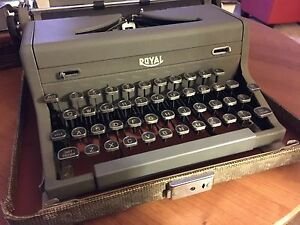 For some reason our class was spared the typing class. One of the smartest things that I did, not just in the high school years, but in my life was to teach myself how to type. At the time my dad was working on public relations for Maur Hill with Fr. Edwin Watson and Fr. Roger Rumery. Fr. Roger brought me a typing instruction text, and my parents let me have the old Royal portable that had been sitting around the house. I think that this occurred before the start of my sophomore year.
For some reason our class was spared the typing class. One of the smartest things that I did, not just in the high school years, but in my life was to teach myself how to type. At the time my dad was working on public relations for Maur Hill with Fr. Edwin Watson and Fr. Roger Rumery. Fr. Roger brought me a typing instruction text, and my parents let me have the old Royal portable that had been sitting around the house. I think that this occurred before the start of my sophomore year.
I wanted to learn how to type in order to prepare for debates more efficiently. Debate preparation involves recording and organizes pieces of evidence and the writing of arguments and the first affirmative speech. Typing helped me with all of those, but it also allowed me to do hundreds of things more efficiently, AND it got me much better jobs during my stint in the army. In college I was able to type my own papers efficiently. This became much more important when I was in grad school.
Nearly everyone at Rockhurst went to as many basketball and football games as possible. Attendance was vigorously encouraged by the faculty. We had frequent pep rallies, and the school supplied buses to nearby away games.
If we were on the road for a speech tournament, John Williams would call his younger brother person-to-person. Whoever answered the phone would provide a number at which the brother could allegedly be reached. It was actually a code. The exchange identified whether Rockhurst had won or lost. The last four digits were the score.
The two best athletic performances that I witnessed were both from students in the class of 1965, one year ahead of us. In the 1963 football season, when I was a sophomore, Joe Spinello was among the best very best running backs in the KC area. However, he was much less effective his senior year. I don’t know why.
Ken Mayer was by far the best basketball player that I saw in a Rockhurst uniform. However, the team my senior year actually did better when Kent Northcraft, the center, turned himself from just a tall guy into a force to be reckoned with. Credit is probably also do to the coaches.
We usually won, but occasionally it was excruciating. I vividly remember a game at Bishop Miege. We were ahead by more than twenty points. Then, all of a sudden we could do nothing right. With a few seconds left the lead was down to only one point. One of our players just hurled the ball in the air as high as he could. It almost hit the ceiling. One of the Miege players caught it and tried a very long shot. Thank goodness it was way short.
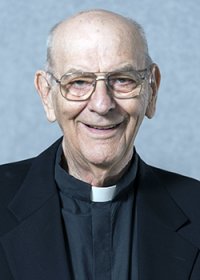 1. Fr. John Apel celebrated the fiftieth anniversary of his ordination as a priest in 2019. His description of his career is here.
1. Fr. John Apel celebrated the fiftieth anniversary of his ordination as a priest in 2019. His description of his career is here.

